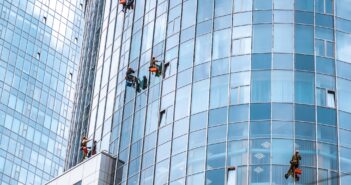
Office leasing is likely to record a historic high of ~70 mn. sq. ft in CY 2024 across top 9 cities in India as per current estimates, says ‘CBRE India Office Figures Q3 2024’. The last highest office leasing was recorded in CY 2019 at 66.6 mn. sq. ft. The office demand will be driven by both global and domestic occupiers, who are expected to continue expanding their operations and consolidating their facilities to strengthen their market presence. GCCs are poised to expand significantly in India, accounting for about 35-40% of the total office leasing.









